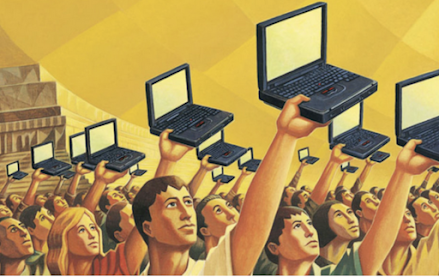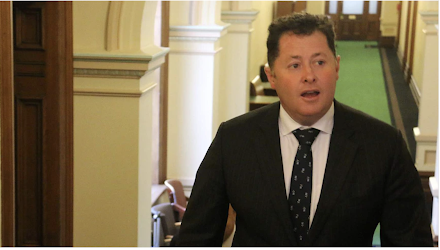In October 1979 I found myself, through no feat of my own, living the high life in a provincial city in the People’s Republic of China.
I was twenty-two years old and had just completed an Honours degree in Politics at the University of Adelaide. It goes without saying that I had arrived in China as a Marxist and an apologist for Mao Zedong. I returned to Australia, less than a month later, with my communist faith seriously shaken

1. The busiest service stations were for bicycle repairs. In a large provincial city petrol stations were far and few between, and even then mostly empty. That’s our car on the left; notice the ‘Party’ curtains.

2. In 1979 there was less of a separation between urban life and the rural hinterland. Here a peasant struggles off the bus with sack loads of ducks destined for the city market.

3. Being a foreigner in China in 1979 drew curious stares, but rarely any hostility. Witness the good-natured smile for the camera as this man went about his business.

4. China had special Friendship Stores for the Party elite and foreign tourists, but there were no Western-style supermarkets. From strange plastic objects to apples, most consumables were sold in open-air stalls like this. Again, notice the cheerful manner of the young woman at the realisation she is being photographed by a Westerner.

5. Here is a Chinese cabbage wholesaling enterprise operating, typically enough, out in the open. The little girl is sporting a bright yellow jacket and a red ribbon in her hair, children at the time virtually the only section of the civilian population who eschewed proletarian blue. A delivery of cabbage will shortly depart for its destination thanks to pedal power.

6. Officially, the People’s Republic had solved the problem of unemployment, and yet underemployment was everywhere to behold. For the average citizen, at least, the means of transport featured in this photograph was the closest thing to a taxi.

7. Approaching Rush Hour in a provincial city. Taking the Number 11 bus was the Chinese euphemism for walking to work. Bicycles, in keeping with Maoist strictures, only had the one gear.
 8. Here is a ‘night cart’ at work in broad daylight. How these two female comrades were able to go about their daily toil sans masks (or holding their noses) remains a mystery until this day.
8. Here is a ‘night cart’ at work in broad daylight. How these two female comrades were able to go about their daily toil sans masks (or holding their noses) remains a mystery until this day.

9. This is a photograph of Chang’an Street’s Democracy Wall in the Beijing district of Xidan. It was, in its own temperate way, a prelude to the Tiananmen Square protests of 1989. The contemptible Deng Xiaoping, who exploited the Democracy Wall Movement in order to annihilate what influence remained of the Leftists within the Chinese Communist Party, shut the whole thing down several weeks after this shot was taken.

10. By October 1979 the missives on Democracy Wall were scrupulously polite and invariably referred to private tragedies rather than the political deficiencies of the communist regime. Wei Jingsheng’s brave call for the Fifth Modernization – that is, democracy – had already landed him in jail. Supreme Leader Deng Xiaoping insisted Wei remain incarcerated for the next fifteen years as a warning to others.







































